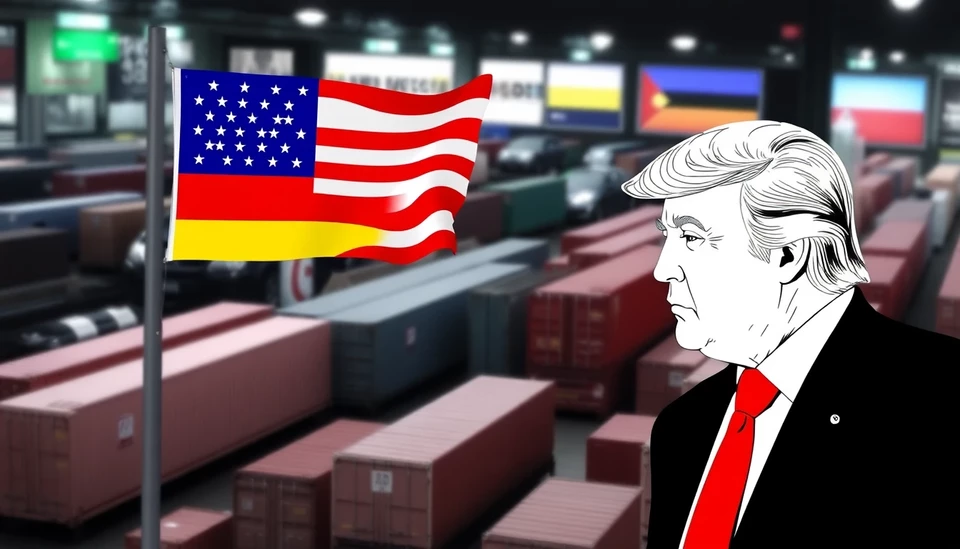
The latest economic reports reveal a significant development in the dynamics of Germany's trade relationship with the United States. In a striking turn of events, Germany has recorded a new peak in its trade surplus with the U.S., raising eyebrows and potentially influencing political conversations surrounding international trade policies.
According to data released by the German Federal Statistical Office, Germany's trade surplus with the U.S. climbed to an impressive €66.1 billion ($71 billion) in 2024, marking an increase from previous figures. This surge signals a robust demand for German products, ranging from automobiles to machinery. As the U.S. continues to recover from economic setbacks, this trade imbalance has simultaneously become a point of contention, especially with the political narratives that often surround trade deficits.
Trump's administration had previously lodged complaints about trade surpluses, calling out various countries, including Germany, for perceived unfair trade practices. As a prominent figure in stirring the pot of U.S.-Germany trade discussions, Trump's scrutiny could intensify now that the trade figures show Germany exceeding $70 billion in surplus, possibly prompting renewed debates and negotiations on how to address these disparities.
Experts and economists are divided on the implications of this growing surplus. Some analysts argue that it reflects Germany's competitive edge in high-quality manufacturing and innovation, while others express concerns that such trade dynamics may invite retaliatory measures from the U.S. government aimed at recalibrating market balances.
In light of these developments, advocacy groups within the U.S. are also voicing their opinions, warning that such imbalances could lead to adverse effects on the domestic job market and manufacturing sectors. They emphasize the importance of fostering a fair and equitable trading framework that benefits both economies.
The German government, on its part, has recognized the delicate nature of this trade relationship and is keen on maintaining open dialogue as discussions about trade policies progress on both sides of the Atlantic. Moving forward, how Germany navigates this growing surplus could set the tone for future negotiations and policies, especially if former President Trump decides to re-enter the political arena with trade reform agendas at the forefront.
As we await the potential repercussions of these economic shifts, one thing remains clear: the trade surplus is not just a number; it is a reflection of broader economic relationships and the potential for political discourse in the sphere of international relations.
#Germany #TradeSurplus #USEconomy #InternationalTrade #Trump #GlobalEconomy #Manufacturing #TradePolicy
Author: Daniel Foster




